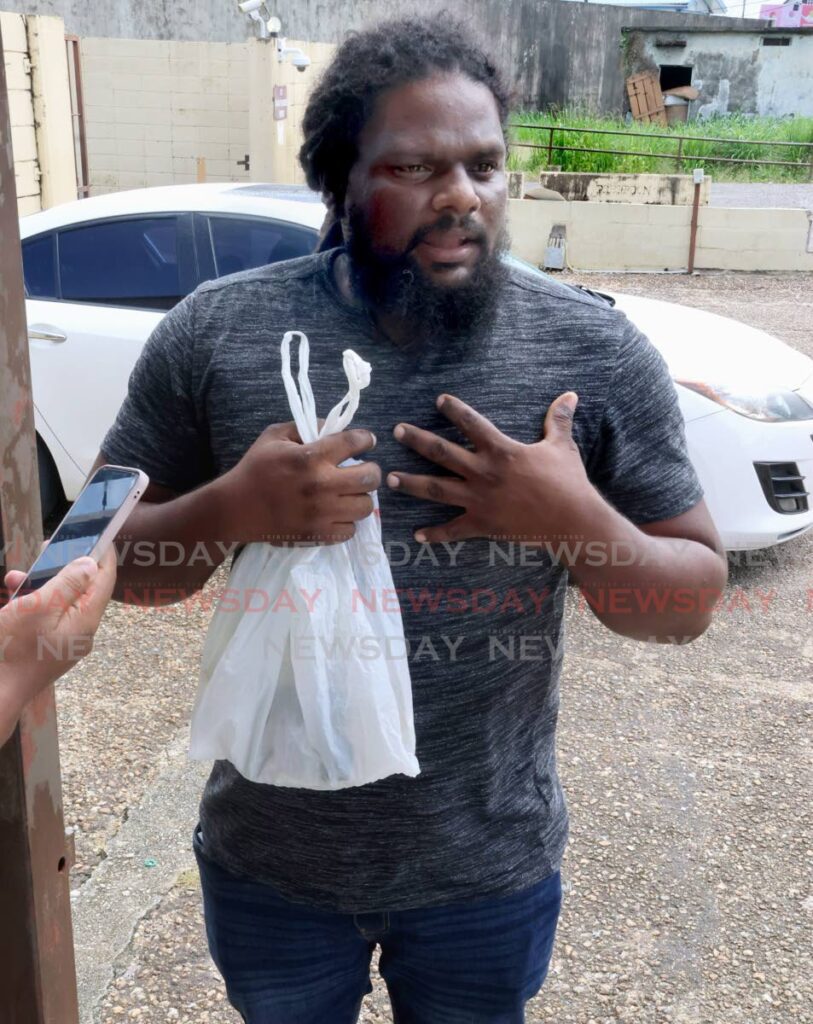Playing with death

“WHO BADDER than who” is, it seems, the pre-eminent item on the curriculums of the nation’s secondary schools these days, alongside other syllabus sub-headings such as “who have more brands than who” and “who could fight better than who.”
Or at least this is the view of grieving parent Andy Lashley, whose 15-year-old son Christian died after a violent incident, one of many in recent days, involving school children.
Police say on June 9 the child – said by his father to be a hard worker who wished to become a mechanic –was involved in a “play fight” at the Chrissie Terrace Recreation Ground in Enterprise.
But the game, involving a group, turned into something nobody could win. Christian was wounded with a knife and was pronounced dead at hospital.
Mr Lashley’s dim assessment of the education system is, of course, more wry than real.
Still, it points to a deepening sense of a society left helpless in addressing the behavioural problems of our youths. If the future of the nation lies in the bookbags of our children, that future seems dim.
All sorts of difficulties and contradictions abound in how the long-standing issue of school violence is being dealt with and discussed.
We blame absent fathers. Yet we also acknowledge single-parent households have been a feature of our society from time immemorial.
We finger poor parenting. Yet we also lament teaching standards.
We want more police officers and metal scanners in schools. Yet we don’t want to send the wrong signal by turning classrooms into prisons.
We cite the breakdown in morals and religion. Yet we do not seem to acknowledge the role of the example set by a state that fails to prosecute crimes.
We say economic factors are irrelevant. Yet we also say there are enough things that “vulnerable” children can do and that these minors are making the wrong choices.
We blame music, we blame Netflix. Yet which universities or sociologists are doing studies and providing data to shed light on such assertions?
What is clear is children are under pressure.
The continued incidents of violence affecting them, in and out of the classroom, are symptomatic of a society that has done little to address the stresses that have been piled onto younger generations.
The new problems include the effects on mental health of social media, crowded classrooms, environmental degradation, undiagnosed traumas and more.
The old problems include our continued insistence on stressful examinations, homework and rigid deadlines even amid new understandings of more effective means of learning.
We need to go beyond what pertained in the good ole days and do proper studies and assessments of the problems contemporary children face.
If we do not, they will learn, fatally, neglect as the biggest lesson of the world.

Comments
"Playing with death"